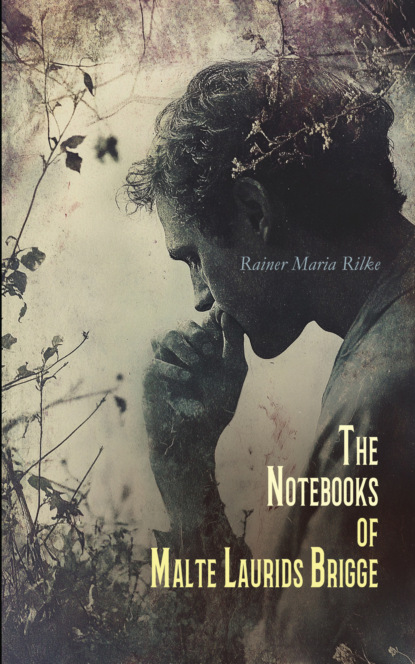Volume 240 pages
0+
About the book
In The Notebooks of Malte Laurids Brigge, Rainer Maria Rilke masterfully blends diary entries, recollections, and dreamlike reflections to trace the inner world of a solitary young aristocrat drifting through the streets of early twentieth-century Paris. Malte, haunted by distant memories of his ancestral home and consumed by the specters of his own anxieties, wanders the city in search of artistic inspiration and personal meaning. As he observes the teeming crowds, he becomes acutely aware of life's fragile nature, fixating on the transience of existence and the many ghosts that quietly inhabit everyday reality.
This deeply introspective work, widely regarded as a precursor to modernist literature, eschews conventional narrative for a series of poetic vignettes that challenge the boundaries between fiction and autobiography. Rilke's language resonates with a haunting lyricism, vividly evoking both urban despair and fleeting moments of transcendence. The Notebooks of Malte Laurids Brigge delves fearlessly into questions of identity, creativity, and faith—themes that echo powerfully across the generations. Its lasting impact lies in its ability to unearth the most hidden aspects of human thought and emotion, urging readers to look beyond appearances and embrace the profound mysteries that shape our lives. Engrossing and intensely personal, it remains an essential touchstone of literary innovation.
Rainer Maria Rilke, revered for his profoundly lyrical poetry, invested much of his introspective vision into The Notebooks of Malte Laurids Brigge, his only novel, which reflected his existential struggles and emerging modernist sensibilities, establishing it as a cornerstone of his literary legacy and a testament to his enduring influence.
